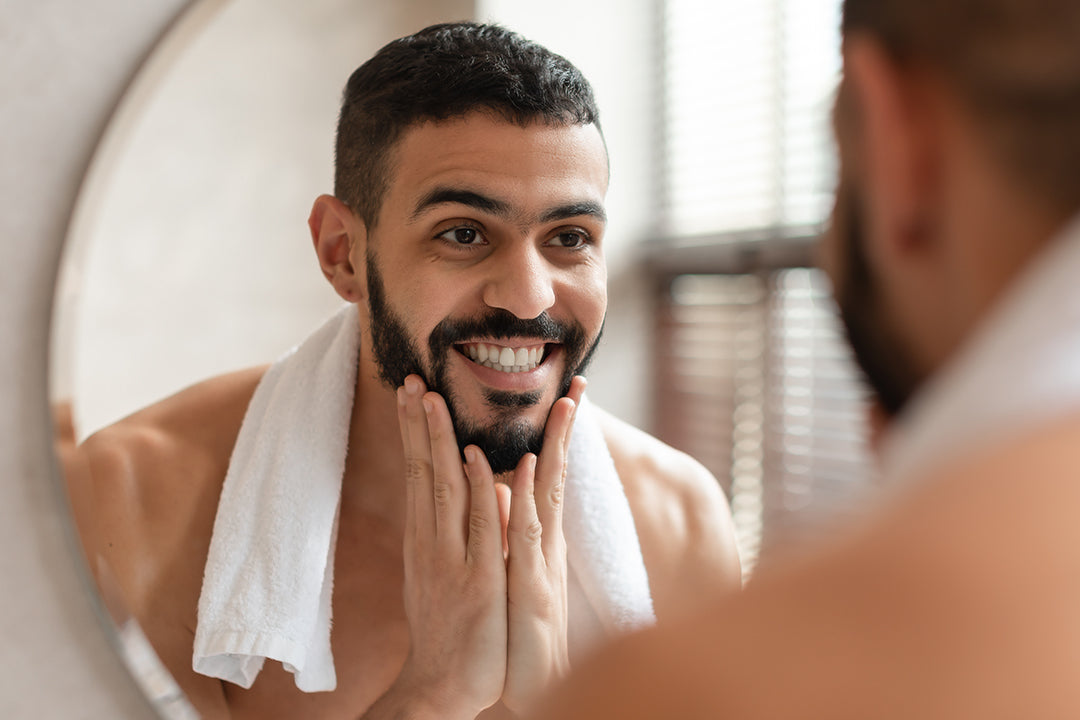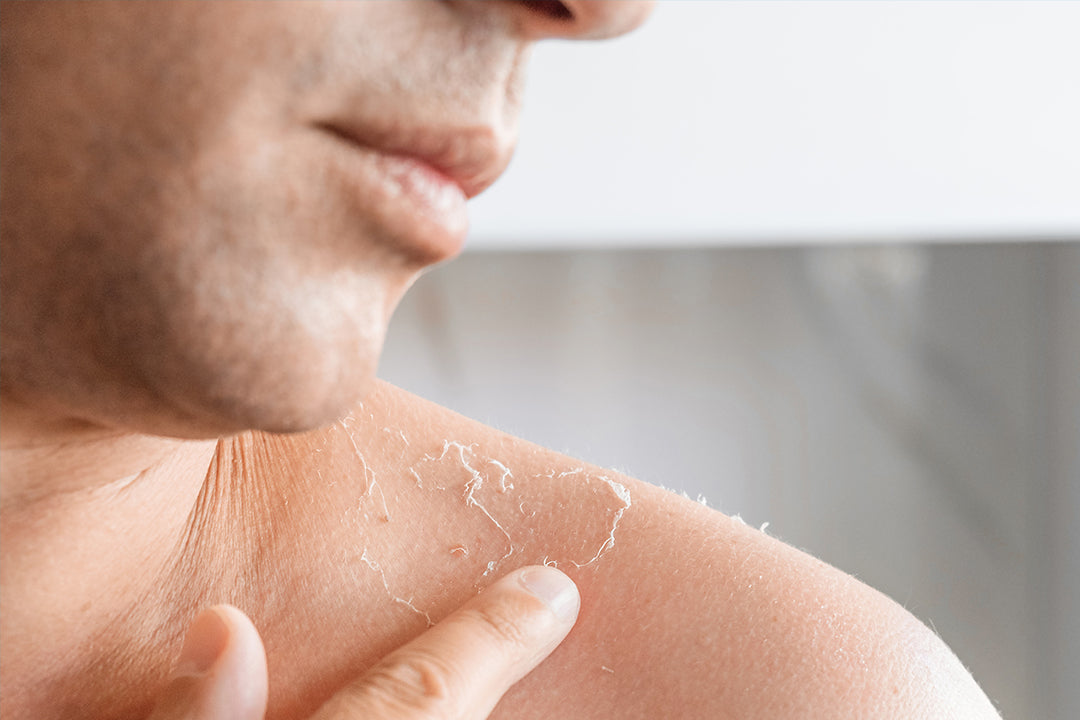Hyperpigmentation is a common skin condition that causes dark patches to appear on the skin. It can be caused by a variety of factors, including age spots, melasma, and skin inflammation. If you're dealing with hyperpigmentation on your body and looking for effective treatments, you're in the right place.
Types and symptoms of hyperpigmentation
Before we dive into the treatments, let's first understand the different types and symptoms of hyperpigmentation. There are several types of hyperpigmentation, including age spots, melasma, and skin inflammation.
1. Age spots
Age spots, also known as liver spots, are flat, brown, or black spots that usually appear on areas exposed to the sun, such as the face, hands, shoulders, and arms. They are more common in older adults and can be caused by cumulative sun exposure over time.
2. Melasma
Melasma is a common skin condition that causes brown or gray patches to appear on the face. It is often associated with hormonal changes, such as pregnancy or birth control use, and can be triggered by sun exposure.
3. Skin inflammation
Skin inflammation, such as acne or eczema, can also lead to hyperpigmentation. When the skin is inflamed, it produces excess melanin, which can result in dark spots.
How to get rid of hyperpigmentation on the body
Now that we have a better understanding of the types and symptoms of hyperpigmentation, let's explore some of the best treatments for hyperpigmentation on the body:
1. Topical creams
Topical creams containing ingredients like glycolic acid, retinol, or niacinamide can help lighten hyperpigmentation on the body. These ingredients work by exfoliating the skin, promoting cell turnover, and reducing melanin production.
2. Cosmetic procedures
If topical creams are not providing the desired results, you may consider cosmetic procedures like laser peel, chemical peel, or microdermabrasion. These procedures can help remove the outer layer of the skin, reducing the appearance of hyperpigmentation.
3. Home remedies
There are also some home remedies that can be effective in treating hyperpigmentation on the body. Aloe vera, licorice, green tea, and tomato paste are some natural ingredients that have been found to lighten dark spots.
4. Sun exposure
Avoiding excessive sun exposure and using sunscreen with a high SPF can help prevent further darkening of hyperpigmented areas on the body. Sun protection is crucial in managing and reducing hyperpigmentation.
Prevention and future tips
While treating hyperpigmentation is important, it's equally essential to take preventive measures to avoid future dark spots. Here are some tips to prevent hyperpigmentation:
1. Protect your skin from the sun
Wearing protective clothing, using sunscreen, and seeking shade can help prevent sun-induced hyperpigmentation. Sunscreen with broad-spectrum protection and a high SPF should be applied daily.
2. Maintain a healthy skincare routine
Keeping your skin clean and moisturized can help maintain its overall health and reduce the risk of developing hyperpigmentation. Use gentle cleansers and moisturizers suitable for your skin type.
3. Avoid picking or scratching
Picking or scratching at acne, bug bites, or other skin injuries can lead to post-inflammatory hyperpigmentation. It's important to resist the urge to pick or scratch and allow the skin to heal naturally.
Takeaways
Hyperpigmentation on the body can be a frustrating condition, but with the right treatments and preventive measures, you can achieve a more even-toned complexion. Whether you choose topical creams, cosmetic procedures, or home remedies, it's important to be consistent with your treatment regimen and protect your skin from further damage. Consult with a dermatologist for personalized recommendations and guidance on the best approach for your specific case.








